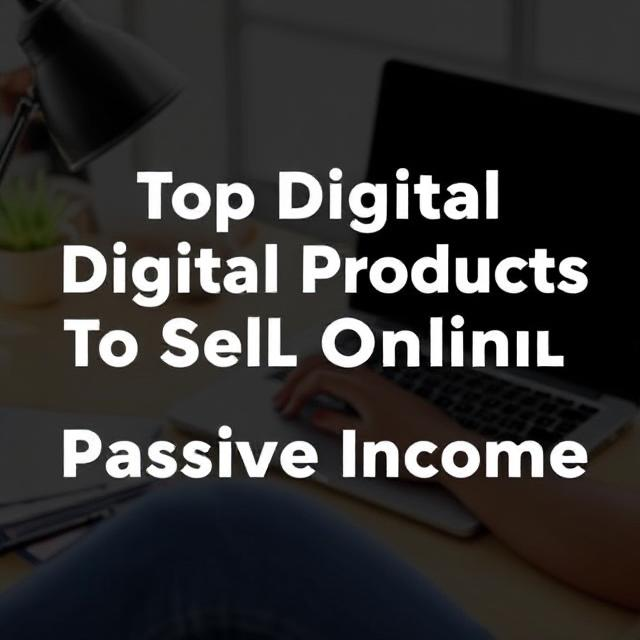How AI Is Transforming Digital Business In 2025
Artificial Intelligence (AI) continues to revolutionize the digital business landscape in 2025, driving innovation, efficiency, and growth. As AI technologies become more advanced, businesses across various industries are leveraging them to enhance customer experiences, optimize operations, and make data-driven decisions. Here’s how AI is transforming digital business in 2025. 1. AI-Driven Automation Automation has been a major force in digital business, and AI is taking it to new heights. AI-powered robotic process automation (RPA) is streamlining repetitive tasks, reducing human intervention, and improving accuracy. Businesses are using AI-driven chatbots, virtual assistants, and workflow automation tools to enhance productivity and reduce operational costs. 2. Hyper-Personalization in Marketing AI is enabling businesses to offer hyper-personalized experiences to customers. By analyzing vast amounts of customer data, AI-powered marketing tools can predict consumer behavior, deliver tailored recommendations, and create personalized content. Businesses are leveraging AI-driven email marketing, chatbots, and personalized product suggestions to increase engagement and conversions. 3. Enhanced Cybersecurity and Fraud Detection With the increasing number of cyber threats, AI is playing a crucial role in cybersecurity. AI algorithms can detect unusual patterns, identify potential threats, and prevent cyberattacks before they happen. Businesses are implementing AI-driven fraud detection systems that analyze transactions in real-time, reducing risks and enhancing data security. 4. AI-Powered Decision Making Data-driven decision-making is essential for businesses to stay competitive. AI tools are helping companies analyze large datasets, uncover trends, and generate actionable insights. AI-driven business intelligence platforms are providing real-time analytics, enabling companies to make informed decisions quickly and efficiently. 5. Improved Customer Support AI chatbots and virtual assistants have transformed customer service by providing instant responses and support. Businesses are using AI to handle customer queries, resolve complaints, and even predict customer needs. AI-driven sentiment analysis helps companies understand customer emotions, allowing them to enhance customer experiences. 6. Smart Supply Chain and Logistics AI is optimizing supply chain management by improving demand forecasting, inventory management, and logistics. AI-powered tools analyze historical data and real-time market trends to ensure efficient inventory distribution, reducing waste and operational costs. Smart logistics systems powered by AI are improving delivery routes, reducing transportation costs, and enhancing overall supply chain efficiency. 7. AI in E-Commerce E-commerce businesses are integrating AI-powered recommendation engines, virtual shopping assistants, and automated customer support. AI-driven pricing strategies help businesses adjust prices dynamically based on market trends and consumer demand. Additionally, AI-powered visual search enables customers to find products using images rather than text-based searches. 8. AI-Powered Content Creation AI is revolutionizing content creation by generating high-quality articles, social media posts, and video scripts. AI-driven tools help businesses create engaging content efficiently, improving their digital marketing strategies. AI-powered video editing and voice synthesis are also transforming how businesses produce and distribute multimedia content. 9. AI in Remote Work and Collaboration With the rise of remote work, AI-powered collaboration tools are enhancing productivity. AI-driven project management software, virtual meeting assistants, and automated workflow tools are helping teams collaborate efficiently. AI-powered transcription and translation tools are also breaking language barriers in global business communication. 10. Ethical AI and Responsible AI Practices As AI becomes more integral to digital business, companies are focusing on ethical AI practices. Businesses are ensuring transparency, fairness, and accountability in AI-driven decision-making. AI governance frameworks are being established to address biases and ensure responsible AI usage in various business applications.















